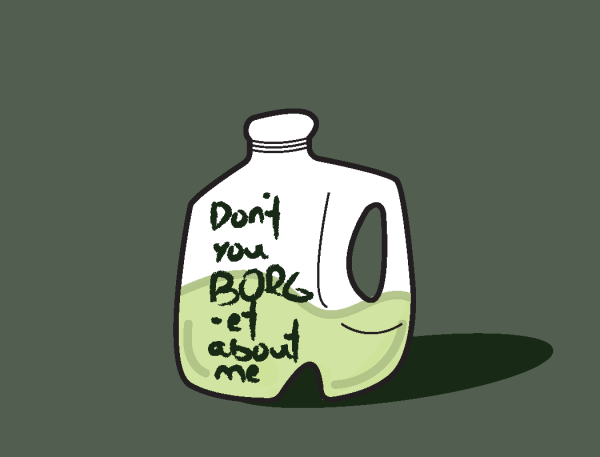Opinion: overcoming imposter syndrome
April 20, 2022
If imposter syndrome were a living thing, it would be most like a dementor from Harry Potter: gliding around in dark cloaks and draining students’ confidence.
Merriam-Webster defines imposter syndrome as “a psychological condition that is characterized by persistent doubt concerning one’s abilities or accomplishments accompanied by the fear of being exposed as a fraud despite evidence of one’s ongoing success.”
Imposter syndrome is the churning feeling that starts in the gut and travels to the brain. It makes us question whether or not we are capable of doing the things we yearn to do.
It’s a common affliction; according to the American Psychological Association, up to 82 percent of people have struggled with imposter syndrome.
As a longtime victim of imposter syndrome, I’ve lost count of the opportunities I’ve missed out on because I didn’t think I was good enough. There have been jobs I never applied to because I didn’t think I was qualified enough, races I never ran because I didn’t think I was fast enough and contests I never entered because I didn’t think I was talented enough.
What is it about the word “enough” that feels so incredibly heavy to carry?
When I decided to apply for graduate school after being out of academia for five years, I faced an enormous sense of imposter syndrome. I remember staring at the graduate school application on my laptop until the pixels morphed together. I lost track of how many times I deleted whole paragraphs from my statement of purpose, second-guessing whether my work experience would make me a good candidate for a master’s degree.
I felt like everyone else in my classes were going to be more skilled than me with more experience, a larger professional network and probably clearer skin, too. This is what happens with imposter syndrome: one area of self doubt snowballs into a thousand self-deprecating thoughts.
I felt like a fraud, like I hadn’t earned the right to be here.
Then I thought about how I would feel years from now looking back at the moment when I talked myself out of following my dreams. If I kept waiting for the day when I was finally good enough, I would be on my deathbed and realize that I didn’t really live my life.
I still struggle with imposter syndrome from time to time. I am still a work in progress.
But I am getting better at being my own hype woman and taking the time to recognize my accomplishments. I am trying to be kinder to myself and let go of some of my perfectionism.
Whenever I’m working on a project for school or work that I’m excited about, I share it with friends, and we celebrate over FaceTime calls or taco lunches. Having a support system has been life-changing for me, because I know whatever happens, I am not alone.
Imposter syndrome is about more than just confidence. It’s also about a sense of belonging. Every day, I remind myself I deserve to be here. My voice and my experiences matter.
Here’s a secret: maybe curing imposter syndrome isn’t about “faking it until you make it.” Maybe it is about realizing that you already have made it. You are right where you need to be.
Jamie Brian is an opinion writer. Contact her at [email protected].






















